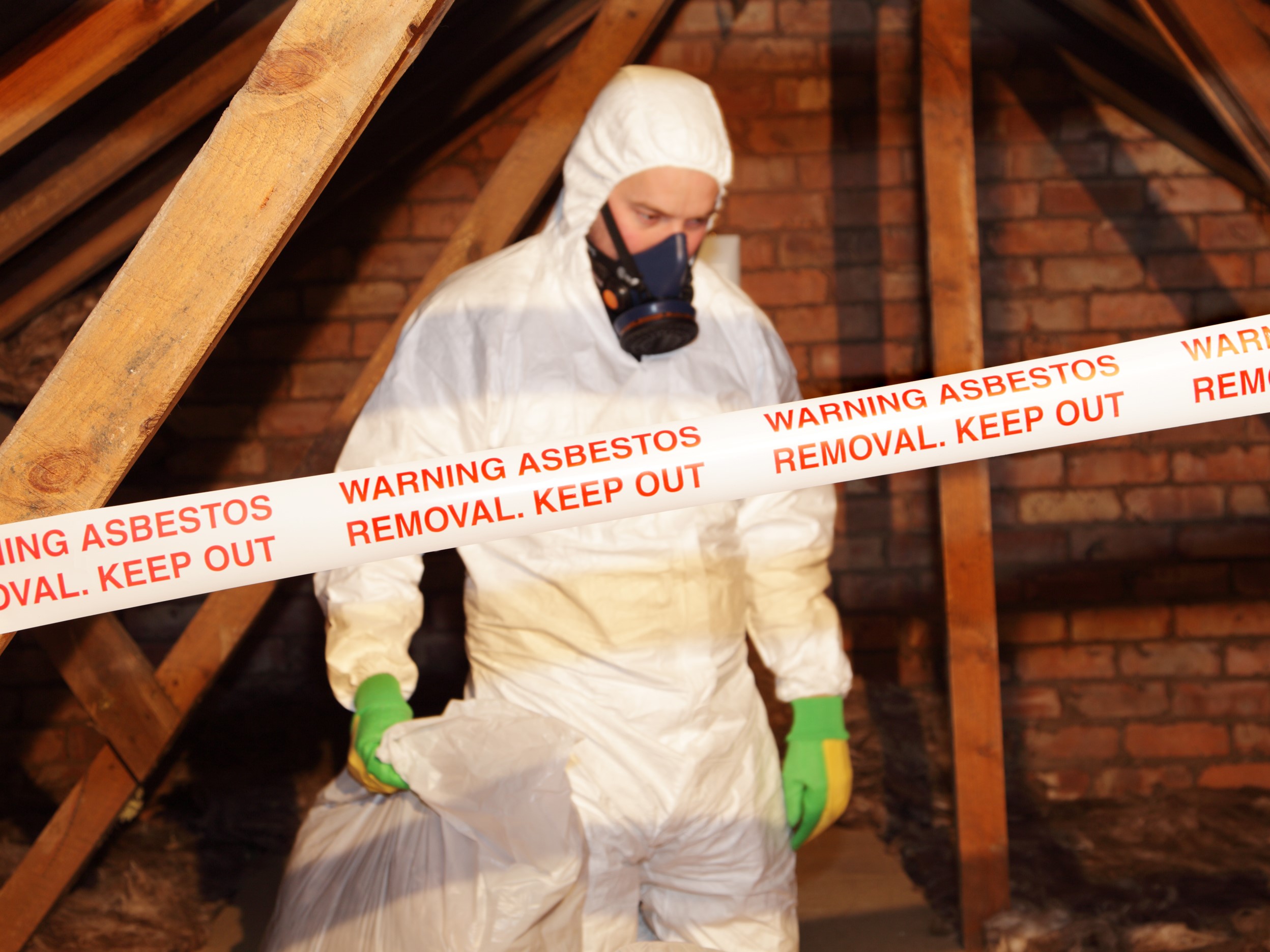5 Workers’ Comp Litigation Considerations Employers Should Review Before a Claim Heads to Court

No one wants a workers’ compensation claim to end up in litigation. In an ideal situation, compensability would be clear and both injured worker and employer would be happy with the outcome.
In cases where it’s unclear whether an injured worker was injured on the job or in situations where an injured worker may be receiving unnecessary treatments, employers must prepare for attorneys to become involved.
In these cases, they have to consider a myriad of factors, including when the best time to settle a claim may be or whether to use surveillance footage during trial that might affect their case.
Panelists in the session “Top Five from Four — Compelling Workers Compensation Topics from Four Perspectives” discussed five different topics and how they relate to workers’ compensation claims litigation during the 2020 CLM Workers’ Compensation and Retail, Restaurant and Hospitality Conference.
1) Surveillance in Workers’ Comp Litigation
The first topic that the panelists addressed was workplace surveillance video and how it can be used in workers’ comp litigation. If employers have surveillance videos, they may want to obtain them during claims investigations.
If an injured employee is caught on video lifting more than they should be or if they aren’t following safety procedures, it could be the grounds an employer needs to deny a claim.
Employers shouldn’t view surveillance as a tool to catch their employees in lies, however.
“I would say very often we find surveillance simply corroborates what is happening, but there are other times when it doesn’t and that’s obviously when it has value,” said Michael Milstein, an attorney with Bryce Downey & Lenkov LLC.
The use of surveillance footage can backfire when used in trial. If hours or surveillance footage show an employee only violating safety protocols once, a jury may conclude that it wasn’t necessarily the violation that led to the injury.
“When I’m at trial, they’ll have hours and hours and hours of surveillance footage of people walking around doing nothing … and then they find two minutes that are shown [in trial],” said petitioner’s attorney Jill Wagner. Wagner is with the law firm Disparti Law Group.
Employers also expressed caution about relying on surveillance during the panel. Given the industry’s trend towards injured worker advocacy, it might be best to reserve surveillance, for fraud is highly suspected.
“I am very selective when surveillance requests are brought to me,” said Kevin Adams, global workers’ compensation manager, General Mills.
“If there’s any type of recommendation or thought process around surveillance, what I ask as an employer is what value will it bring if we do find something? How will it benefit and how will it mitigate the ultimate cost?”
As with any time you monitor your employees, it’s important to make sure you’re respecting their rights to privacy. Employers should consult with an attorney before implementing video surveillance in the workplace and they should tell their employees they’re being monitored.
2) Workers’ Comp Litigation and Psych Claims
Psychological claims within workers’ compensation often fall into two categories: physical-mental and mental-mental.
Physical-mental claims occur when an employee’s physical injury causes them to develop depression or anxiety. A person who breaks their leg could become depressed due to the ways the injury has altered their lives.
A mental-mental claim, on the other hand, does not involve a physical injury component. In these cases, a patient may develop depression, anxiety or PTSD after witnessing a violent event in the workplace.
Employers noted that they more commonly see physical-mental claims during the panel. Research has shown that nearly half of workers who experienced work-related musculoskeletal injuries experience depression during the first year after their accident.
“The few claims where we’ve had the serious injuries — the one employee’s maybe had their arm pulled into a machine or what have you — then you see the psychological component,” Adams said. “We’ve seen very few, but there are some.”
While physical-mental claims may be the ones most frequently seen by employers, mental-mental claims are more likely to be litigious. Mental-mental claims may be denied by adjusters who believe that a worker’s anxiety or depression isn’t caused by the workplace.
“That’s a bit harder to prove,” Wagner added. “You need to figure out, is this something they’ve been dealing with before, just given all the normal stressors in life.”
3) Pain Management and Addiction
When adjusters see pain management on a claim, they often expect it to be awhile before the claim closes, the panelists noted. Injured workers may need long term care to help manage their pain or they could be prescribed opioids and other pain killers that too often become addictive.
Claims with a pain management component could also become litigious if an employer wants to deny continued treatment for an employee who seems to have recovered from their injury, but may harbor an addiction.
“Sometimes you have patients who become hooked on a medication through no fault of their own,” Milstein said.
“I think you need to take it upon yourself to learn about the medications you see being prescribed often so that you can understand what this medication is going to do and how long this person should be on it.”
If an employer is looking to dispute the necessity of a certain medication or prescribed treatment during workers’ comp litigation, the best way to do it is through a utilization review, panelists said.
“The only way to really dispute the reasonableness and necessity of medical treatment is through a utilization review,” Milstein said.
“Utilization reviews obviously can be really helpful, but it just depends on all the facts in the case,” added Judge Deborah Baker of the Illinois Workers’ Compensation Commission.
“I personally would look at when the utilization review was done, how thorough was it? I would also look at, is it consistent with some of the other treatment the petitioner has received?”
It’s also important to remember that most workers’ comp patients don’t want to become addicted to pain medication.
“A lot of our clients don’t want to be on prolonged pain medication. They want to get back to work if they can,” Wagner said.
Working with a nurse case manager, trying alternative treatments and educating injured workers on the effects of opioids before they fill their first prescription can all help fight addiction before a claim becomes litigious.
4) Settlement Strategies for Workers’ Comp Litigation
Panelists noted that settlement value vs. trial value of a case is important for employers to consider before taking a workers’ compensation claim to court. In some cases, an employer could end up paying less by settling than by going to trial.
Settling a case can be especially appealing to enterprises due to the recent prominence of nuclear verdicts where juries award the plaintiff millions or even billions of dollars. “You’re trying to eliminate the risk of going to trial and getting some kind of result that you don’t want,” Baker said.
“For all practical purposes, you can settle cases and get cases moved … because … there’s that benefit of knowing the case will settle for maybe slightly less than what you would get at trial,” She continued. “At trial it’s not necessarily guaranteed what the value will be.”
Some may think that plaintiffs may be unwilling to settle due to the fact that they risk receiving a smaller reward, but Wagner said that is often not the case.
“I do also emphasize how low it can go,” Wagner said.
“I try to emphasize to them you’re taking off a little bit because of the fact that there’s that risk involved. So a settlement isn’t our best day, but it also isn’t the insurance companies best day. It’s got to be somewhere in the middle.”
5) COVID-19
With more and more states passing various workers’ compensation presumptions for COVID-19, a deluge of claims seems to be on the horizon. “I think we’re going to see a lot of claims coming through,” Wagner said.
How disputes over COVID-19 compensability will play out in workers’ compensation is still hazy. Data from Florida and Colorado suggest that somewhere between 40-60% of COVID-19 claims are being dismissed.
Pinnacol Assurance, Colorado’s largest workers’ comp insurer, said in May that they had received about 1,000 coronavirus-related workers’ compensation claims. The majority of those claims — 60% — were dismissed after it was determined the worker did not contract COVID-19, Pinnacol told the Colorado Sun.
In Florida, it’s reported that 45% of coronavirus-related claims are being partially or completely denied by employers or carriers.
Many of these denied-claims have yet to be tested in the courtroom, however. There’s no telling how judges will rule. “The COVID cases, we don’t really know exactly how they’re going to play out,” Milstein said.
Workers’ comp litigation has yet to see many of these COVID-19, but Wagner thinks it will be fairly easy for plaintiffs to prove they contracted the highly-contagious virus at work.
“We think it will be easy to prove. They’re at work, they’re only there. Other than that we’re in a shelter-in-place order, or at least we were as of yesterday. So to us it seems pretty clear they were exposed at work,” she said. &










